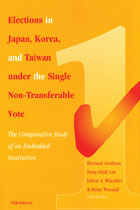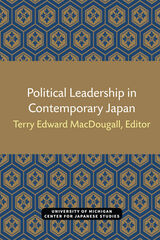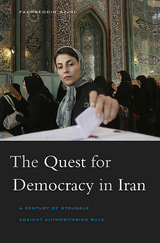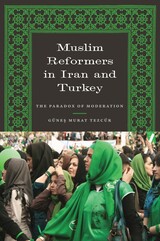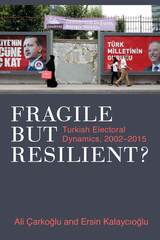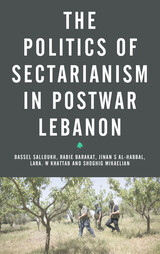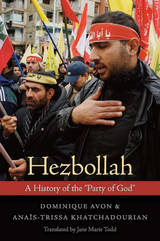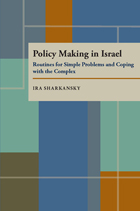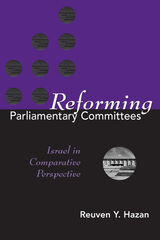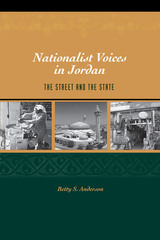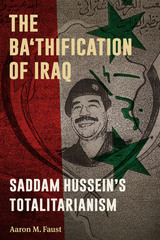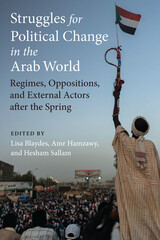The Politics of Sectarianism in Postwar Lebanon
Pluto Press, 2015
Cloth: 978-0-7453-3414-1 | Paper: 978-0-7453-3413-4
Library of Congress Classification JQ1828.A91S25 2015
Dewey Decimal Classification 322.4095692
Cloth: 978-0-7453-3414-1 | Paper: 978-0-7453-3413-4
Library of Congress Classification JQ1828.A91S25 2015
Dewey Decimal Classification 322.4095692
ABOUT THIS BOOK | AUTHOR BIOGRAPHY | REVIEWS | TOC
ABOUT THIS BOOK
The Arab Spring unsettled regimes across North Africa and the Middle East, from Morocco to Oman. Lebanon, however, proved immune. How can that be explained? What features of Lebanese politics and governance could account for the system’s ability to withstand the domestic and regional pressures unleashed by the Arab Spring?
The Politics of Sectarianism in Postwar Lebanon builds on extensive field work to find the answers to those questions and more. Bassel Salloukh, Lebanon’s leading political scientist, analyses the mix of institutional, clientelist, and discursive practices that sustain the sectarian nature of Lebanon, revealing an expanding sectarian web that occupies ever-more-substantial areas of everyday life in Lebanon. It also highlights the struggles waged by opponents of the system, including women, public sector employees, teachers, students, and NGO-based coalitions, and how their efforts often fail to bear fruit because of sabotage by various systematic forces.
The Politics of Sectarianism in Postwar Lebanon builds on extensive field work to find the answers to those questions and more. Bassel Salloukh, Lebanon’s leading political scientist, analyses the mix of institutional, clientelist, and discursive practices that sustain the sectarian nature of Lebanon, revealing an expanding sectarian web that occupies ever-more-substantial areas of everyday life in Lebanon. It also highlights the struggles waged by opponents of the system, including women, public sector employees, teachers, students, and NGO-based coalitions, and how their efforts often fail to bear fruit because of sabotage by various systematic forces.
See other books on: 1990- | Ethnic relations | Lebanon | Politics | Sectarianism
See other titles from Pluto Press



